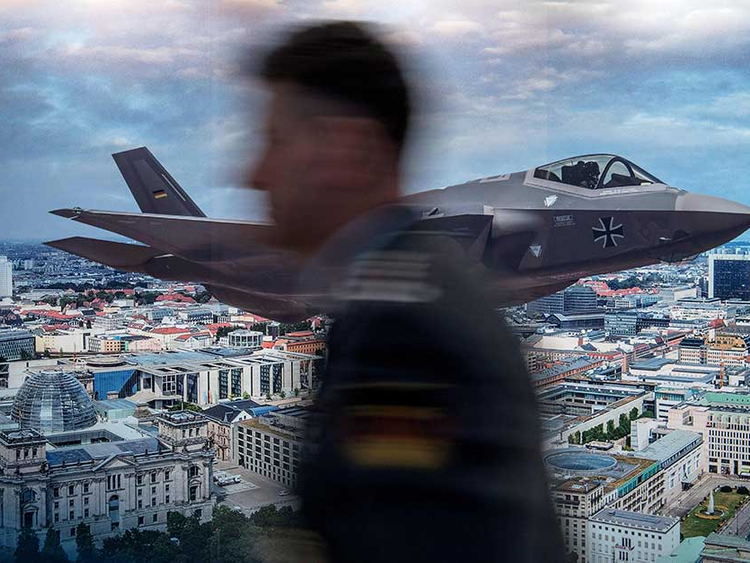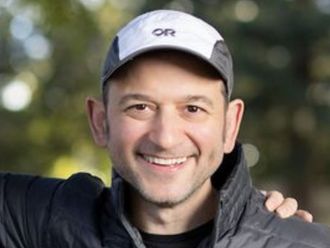Hong Kong: Arms sales by the world’s top 100 defence contractors rose last year for the first time since 2010, according to the Stockholm International Peace Research Institute.
Total sales of arms and military services rose 1.9 per cent year on year to $374.8 billion (Dh1.37 trillion), the Stockholm-based research institute said in a statement. That’s a 38 per cent increase since 2002, when Sipri began reporting corporate arms sales.
Sales by Lockheed Martin Corp, the world’s biggest arms producer, climbed 10.7 per cent, driven largely by deliveries of its F-35 fighter jet. Arms sales by US companies rose 4 per cent to $217.2 billion, or 57.9 per cent of the global total.
Concerns over North Korea’s missile and nuclear-weapons programmes helped South Korean companies record a 20.6 per cent sales increase to $8.4 billion, the largest total among developing countries.
South Korea increased defence spending by 7 per cent in its 2018 budget, the biggest increase since 2009. President Moon Jae-in said last week that his country must achieve “overwhelming” military superiority over North Korea to preserve its own peace and security.
“Continuing and rising threat perceptions drive South Korea’s acquisitions of military equipment, and it is increasingly turning to its own arms industry to supply its demand for weapons,” said Siemon Wezeman, a senior researcher at Sipri. “At the same time, South Korea is aiming to realise its goal of becoming a major arms exporter.”
Japan’s largest arms companies experienced sharp falls last year, Sipri said. Mitsubishi Heavy Industries Ltd’s arms sales fell 4.8 per cent, while Kawasaki Heavy Industries Ltd and Mitsubishi Electric Corp declined by 16.3 and 29.2 per cent respectively.
Europe, Russia
Western European arms sales were stable at about $91.6 billion, with declines posted by companies in France and Italy.
Sales by German companies rose 6.6 per cent, led by armoured vehicle producer Krauss-Maffei Wegmann GmbH and Rheinmetall AG, a maker of security technology amid demand from the Middle East, south-east Asia and Europe.
Russian companies listed in Sipri’s top 100 recorded a 3.8 per cent sales increase to $26.6 billion, giving the country a 7.1 per cent share of the global market.
While Chinese companies aren’t included because of a lack of data, Sipri said an almost threefold increase in Chinese military spending between 2002 and 2016 meant that at least nine or 10 companies would almost certainly be in its top 100 rankings if figures were available.













